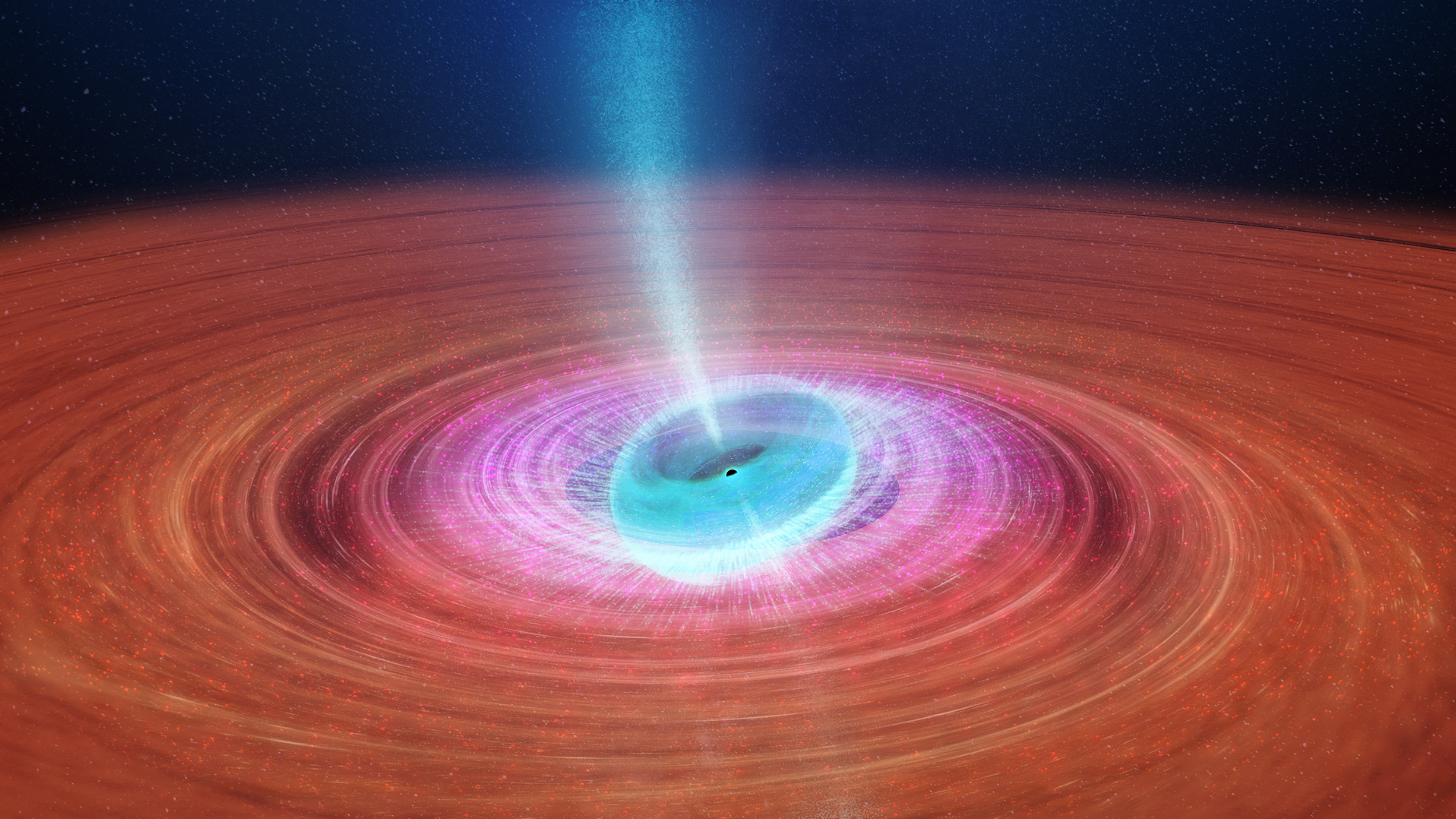Can Supermassive Black Holes be Parts of Primordial Black Holes that Exploded in the Big Bang?

Question:
Could supermassive black holes be unexploded parts of a primordial black hole which detonated in the big bang and created the universe? They seem too large to have accreted by themselves, at least not in the 13.7 billion years allowed.
Answer:
Black holes are formed by the gravitational collapse of a massive object. The mass of the resultant black hole is dictated by the mass of the object that collapses. Stellar mass black holes form from massive stars, while supermassive black holes form from the gas which participates in the formation of galaxies. Primordial black holes, on the other hand, are theoretical entities which are speculated to have formed soon after the Big Bang from density fluctuations in the early universe. There are no formation paths for black holes of any kind which start from a state which is itself a black hole.





